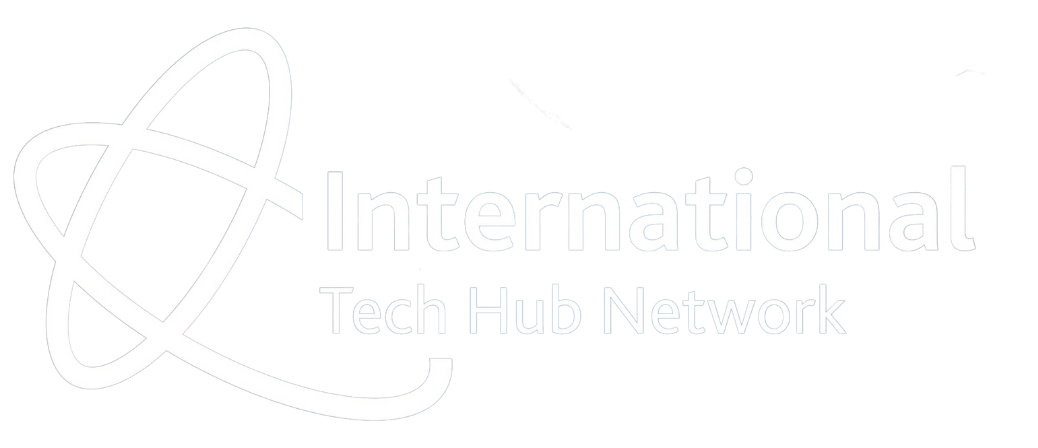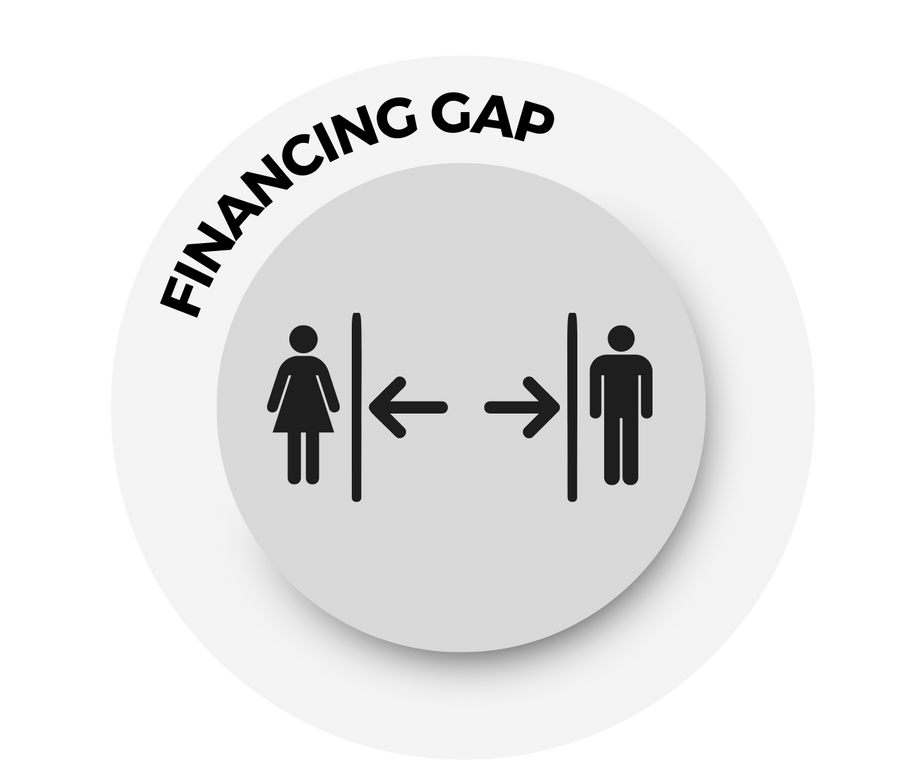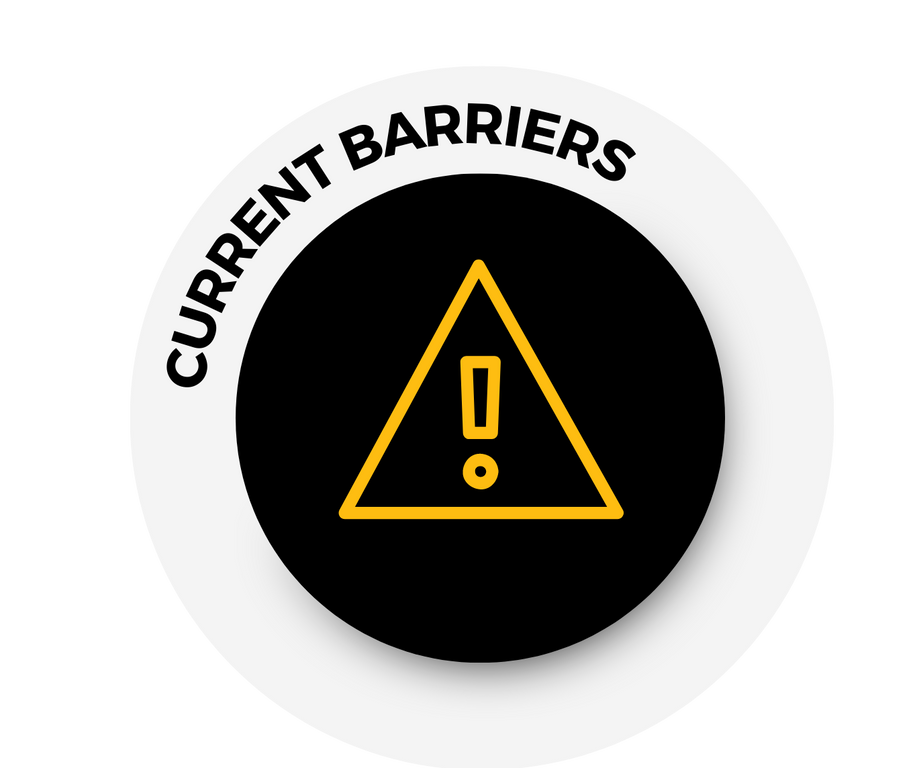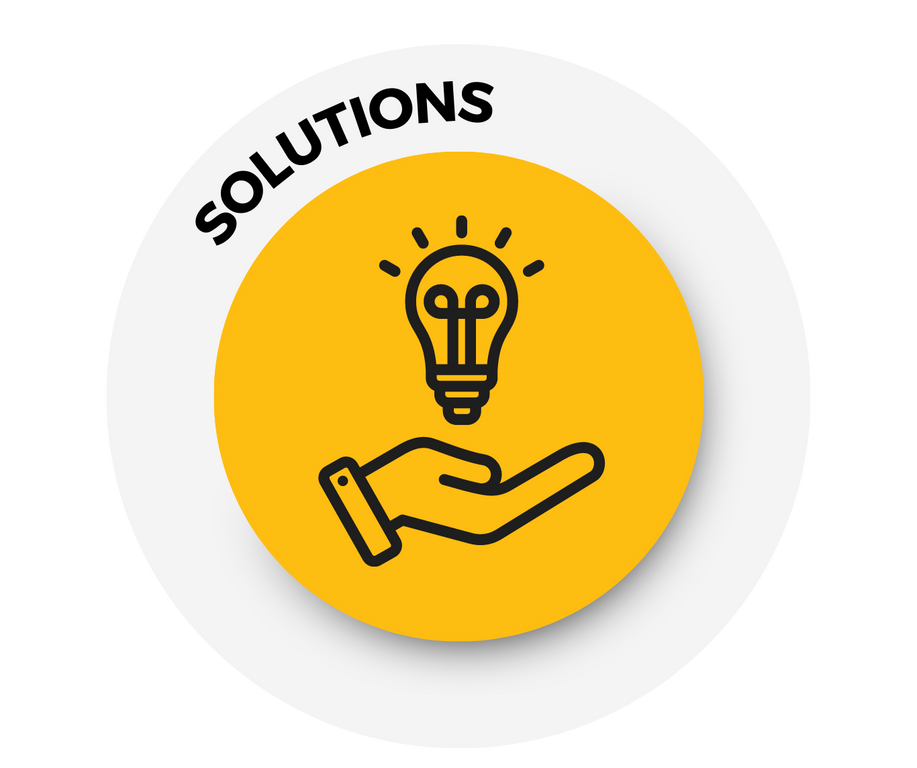


Year after year, reports highlight that the financing gap between male and female founders persists. However, there is limited evidence of the underlying reasons for this gap, and the challenges and barriers female founders face when raising financing for their businesses. The study was conducted by Future Females Empowerment Initiatives and the International Tech Hub Network.
For this research, we followed a mixed-method approach. We conducted quantitative survey research to get a firm understanding of the funding gap in Nigeria, Kenya, South Africa, Brazil, and Indonesia. The survey consisted of a total of 47 mixed open-ended and multiple-choice questions. The goal was to collect survey responses from the Future Females community and Future Females Empowerment Initiatives community of female founders.


Since the start of the partnership between Future Females Empowerment Initiatives and the International Tech Hub Network, a UK Government Initiative, 2000+ early-stage female entrepreneurs with tech-enabled businesses have been supported. Today, these entrepreneurs are creating social impact solutions across the technology ecosystem.
Through these programmes, a strong and engaged community has been shaped, and regular interaction and feedback allow us as partners to identify the needs of these female founders, and how to best support them. One of the challenges that participants and graduates keep raising during and post-programme, is access to funding. In 2022, Future Females Empowerment Initiatives, in partnership with the UK-International Tech Hub Network, conducted research on “Why Women Are Still Not Raising Financing Equitably In 2022” in South Africa, Kenya, Nigeria, Indonesia and Brazil.
The papers address the general findings across the 5 countries, and explore why female-led businesses are still not successful in accessing finance for their businesses. The aim of the papers is to share insights on the current funding needs of female entrepreneurs, how these are or are not matching the funding that is available in the market, commentary around "the gap", and why previous interventions have failed to close this gap.
Finally, the papers conclude with proposing recommendations to the key stakeholders in the entrepreneurial ecosystem - the Founder, the Startup Enabler and the Investor/Funder.
We hope you will enjoy reading them and make use of the actionable takeaways to close the gap.

WATCH THE WHITE PAPER RELEASE WEBINAR
THIS PAPER SETS OUT TO ANSWER THE FOLLOWING QUESTIONS:

What is the current financing gap for female founders?

What are the barriers that female founders face when raising financing?

Why have the existing interventions that target these barriers been unsuccessful?
This paper sets out to answer the following questions:

What is the current financing
gap for female founders?

What are the barriers that female
founders face when raising financing?

Why have the existing interventions that
target these barriers been unsuccessful?
DOWNLOAD THE WHITE PAPERS
Future Females vouch, as an education platform, that we will support women and work with partners, to educate women in the fundraising process, and we are happy to work with any partner who shares this goal.
If you are interested in working with us please contact:
cerina@futurefemaleshq.co
Download the White Papers







